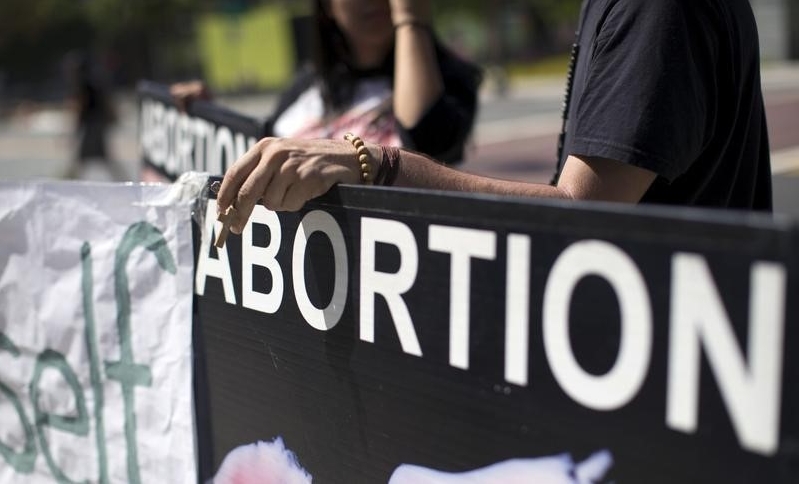
In a sobering turn of events, a New Hampshire House committee struck down two bills Tuesday that would have required abortionists to provide care for infants who are born alive and made illegal the practice of dismemberment abortions.
According to a report from the Union Leader, House Bill 1627, also known as the "Born Alive Infant Protection Act," would make criminal denying the infant health care following a botched abortion, resulting in his or her death.
"The physician performing an abortion shall take all medically appropriate and reasonable steps to preserve the life and health of a born-alive infant," it reads in part. "If an abortion performed in a facility other than a hospital results in a live birth, a physician attending the abortion shall provide immediate medical care to the infant and call 9-1-1 for an emergency transfer of the infant to a hospital that shall provide medically appropriate and reasonable care and treatment to the infant."
It also notes that "[a]ny born-alive infant including one born in the course of an abortion procedure shall be treated as a legal person under the laws of New Hampshire, with the same rights to medically appropriate and reasonable care and treatment, and birth and death."
The bill was voted down 9-7 in the House Judiciary Committee on Tuesday.
Before the vote, state Rep. Kurt Wuelper, R-Strafford urged his fellow lawmakers to pass the common-sense bill to protect babies who survive abortions.
"There should be a reasonable way to have some amount of protection for those who survive the sentence of abortion," Wuelper said.
However, state Rep. Charlene Takesian, R-Pelham, argued against the bill, claiming that the state "should not be legislating medical procedures."
The committee also voted down House Bill 1560, which would have banned dismemberment abortions, a particularly gruesome procedure which involves removing the child from the womb piece by piece, and then re-assembling his or her body on a tray to ensure that all of the parts were extracted.
"'Dismemberment abortion' means, with the purpose of causing the death of an unborn child, knowingly dismembering a living unborn child and extracting such unborn child one piece at a time from the uterus through the use of clamps, grasping forceps, tongs, scissors, or similar instruments that, through the convergence of two rigid levers, slice, crush, or grasp a portion of the unborn child's body in order to cut or rip it off," the bill reads in part.
The bill was voted down 9-8 as some lawmakers opposed providing guidelines for abortionists and others opined that there are "more humane" ways to kill a child.
The Union Leader notes that pro-life legislators called the violence of dismemberment abortions horrific and compared it to partial-birth abortions, which are illegal.
"Dismemberment abortion kills a baby by tearing her apart limb from limb," said National Right to Life Director of State Legislation Mary Spaulding Balch, J.D., according to LifeSiteNews. "Before the first trimester ends, the unborn child has a beating heart, brain waves, and every organ system in place. Dismemberment abortions occur after the baby has reached these milestones."
Meanwhile, a majority of Americans - including a majority of those who consider themselves pro-choice - support "substantial abortion restrictions", says a new Marist Poll commissioned by the Knights of Columbus released in January.
The survey found that 81 percent of Americans and 66 percent of those who identify as pro-choice would restrict abortion to - at most - the first three months of pregnancy. Eighty two percent of women agree with that. The pollster says these findings have been consistent for the last eight years.
"Year in and year out since we began polling on this issue, the American people have understood that the law can protect mother and child alike and have expressed a strong consensus in favor of abortion restrictions," said Knights of Columbus CEO Carl Anderson.
"It is time for a new national conversation on abortion - one that begins with this consensus in favor of restrictions: a consensus that American women and men have already reached, and that includes a majority even of those who call themselves pro-choice."







